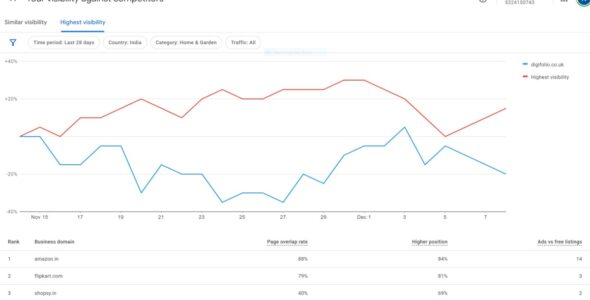Data Governance in Real Estate: Best Practices for Data Quality
The real estate industry is a data-driven industry. Real estate professionals rely on data to make informed decisions about property valuations, market analysis, and customer relations. However, the real estate industry is also a complex and fragmented industry, with data being collected and stored in a variety of ways. This can lead to data quality issues, such as inconsistencies, errors, and duplicates.
Data governance is the practice of managing data throughout its lifecycle, from creation to deletion. Data governance ensures that data is accurate, reliable, and secure. It also ensures that data is used in a way that complies with regulations.
Data quality is the degree to which data is accurate, complete, and consistent. High-quality data is essential for making informed decisions in the real estate industry.
Here are some best practices for data governance in real estate:
- Establish clear data policies and procedures: Data policies should define the rules for how data is collected, stored, and used. They should also define the roles and responsibilities of data stewards, who are responsible for ensuring that data policies are followed.
- Conduct regular data quality assessments: Data quality assessments should be conducted regularly to identify and correct data quality issues. Data profiling tools can be used to identify inconsistencies, errors, and duplicates.
- Implement data security measures: Data security measures should be implemented to protect data from unauthorized access, use, or disclosure. These measures may include encryption, access controls, and user authentication.
- Integrate and centralize data: Data from various sources should be integrated and centralized into a single repository. This will help to improve data accuracy and consistency.
- Cleanse and enrich data: Data should be cleansed and enriched on a regular basis to remove outdated or irrelevant information and add additional value.
- Train employees on data governance: Employees should be trained on data governance policies and procedures. This will help to ensure that data is handled properly and that data quality issues are identified and corrected.
- Adhere to data regulations: Real estate businesses should adhere to data regulations such as the General Data Protection Regulation (GDPR) and the California Consumer Privacy Act (CCPA). These regulations govern how personal data is collected, used, and shared.
By following these best practices, real estate businesses can improve data quality and ensure that data is used in a way that is accurate, reliable, and secure. This will help businesses to make better decisions, improve customer service, and comply with regulations.
In addition to the above, here are some other things that real estate businesses can do to improve data governance:
- Use data analytics tools: Data analytics tools can be used to identify trends and patterns in data. This information can be used to improve data quality and make better decisions.
- Automate data processes: Automating data processes can help to reduce human error and improve data accuracy.
- Invest in data infrastructure: Investing in a good data infrastructure can help to improve data security and reliability.
- Create a data culture: A data culture is one where everyone in the organization understands the importance of data and is committed to using it effectively. Creating a data culture can help to improve data quality and ensure that data is used to its full potential.
By taking these steps, real estate businesses can improve data governance and reap the benefits of high-quality data.





